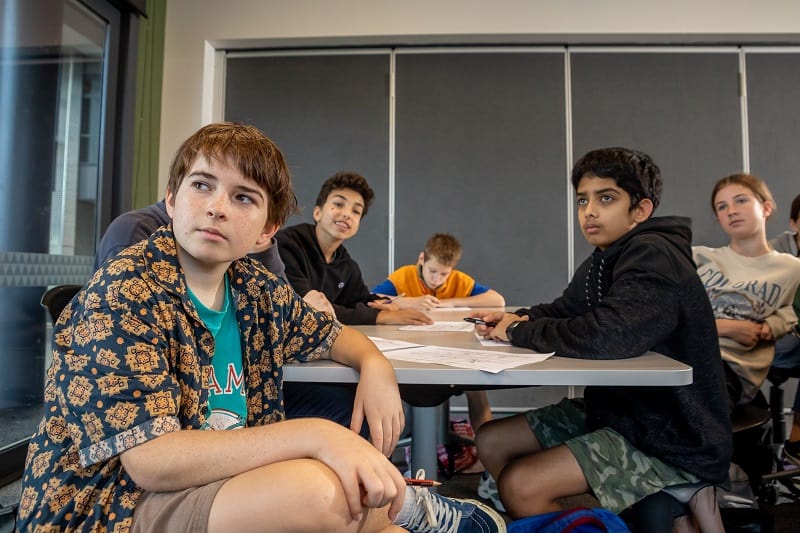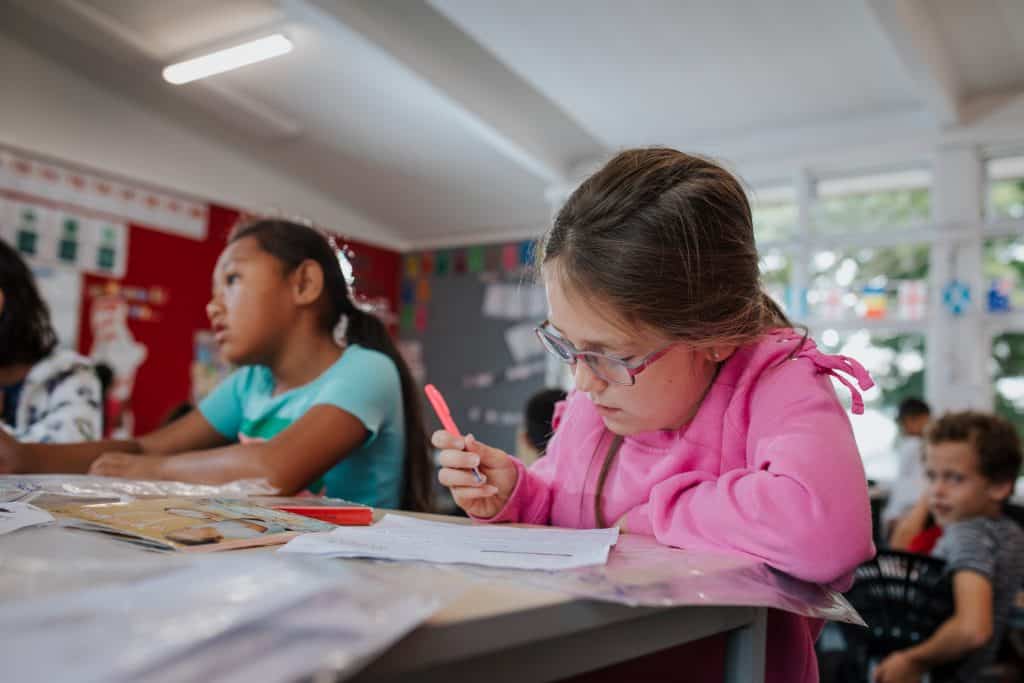theteam@theeducationhub.org.nz
Postal Address
The Education Hub
110 Carlton Gore Road,
Newmarket,
Auckland 1023
Giftedness refers to a student’s potential to perform highly in one or more domains when compared with same-aged peers, while talent refers to actual performance of exceptional ability.

Understanding twice-exceptional students and how to support them in the classroom.

An overview of the different definitions and understandings of giftedness, along with a set of strategies that schools and teachers can use to better support gifted and talented students.